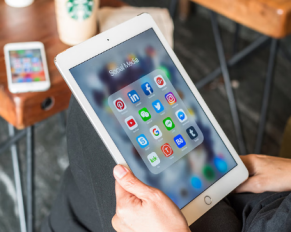Everything is digital these days, but the conveniences of online services come with a trade-off: your personal information. Google is…


Everything is digital these days, but the conveniences of online services come with a trade-off: your personal information. Google is…